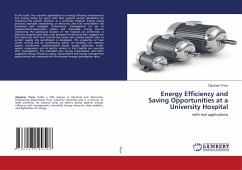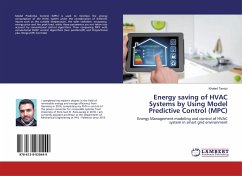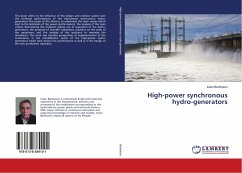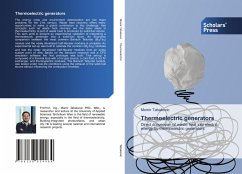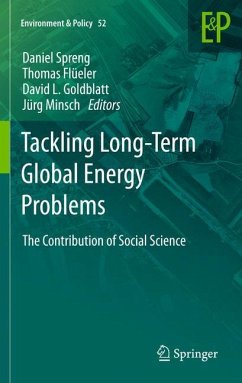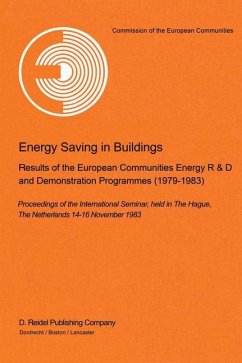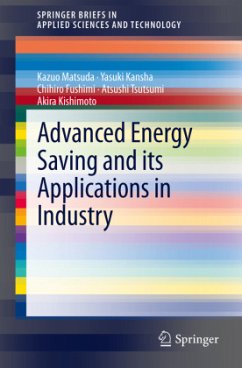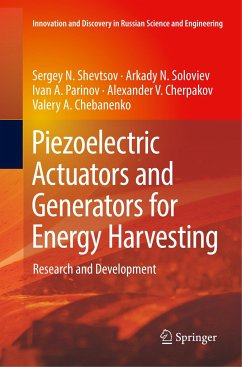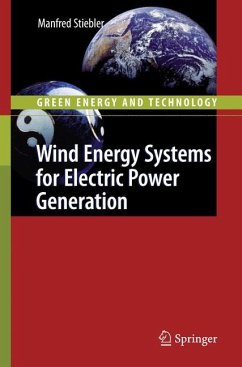
Energy Saving by Tackling Shaft Voltage in Turbine Generators
Saving Energy, Time, Money and Effort by Addressing Shaft Voltage Phenomena in a Turbine Generators
Versandkostenfrei!
Versandfertig in 6-10 Tagen
36,99 €
inkl. MwSt.

PAYBACK Punkte
18 °P sammeln!
Shaft voltage has become a serious problem in large power plants. This book assigns the potential sources of shaft voltage and its effects on bearings. The shaft voltages and bearing currents are due to the common mode voltage component of the output voltage from the static excitation system. The main objective of this book is to develop a gas turbine generator excitation-shaft-to-bearing model and simulate the model to investigate the shaft voltage and bearing current occurrence in a power station. To address the shaft voltage by using grounding brushes is proposed, the simulation of the deve...
Shaft voltage has become a serious problem in large power plants. This book assigns the potential sources of shaft voltage and its effects on bearings. The shaft voltages and bearing currents are due to the common mode voltage component of the output voltage from the static excitation system. The main objective of this book is to develop a gas turbine generator excitation-shaft-to-bearing model and simulate the model to investigate the shaft voltage and bearing current occurrence in a power station. To address the shaft voltage by using grounding brushes is proposed, the simulation of the developed model is implemented by the Matlab. The values of shaft voltages and bearing current on the exciter end and the turbine end are investigated based on the data that had been obtained from Sultan Power Station manual. The results of shaft voltages and bearing current with and without the shaft to ground brushes connected at the exciter end and turbine end are analysed. In this book, optimization solver is also employed to determine the optimal values of capacitor and resistor to model the grounding brushes used to eliminate shaft voltage at exciter end and turbine end of the generator.



